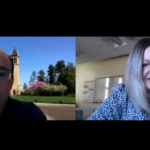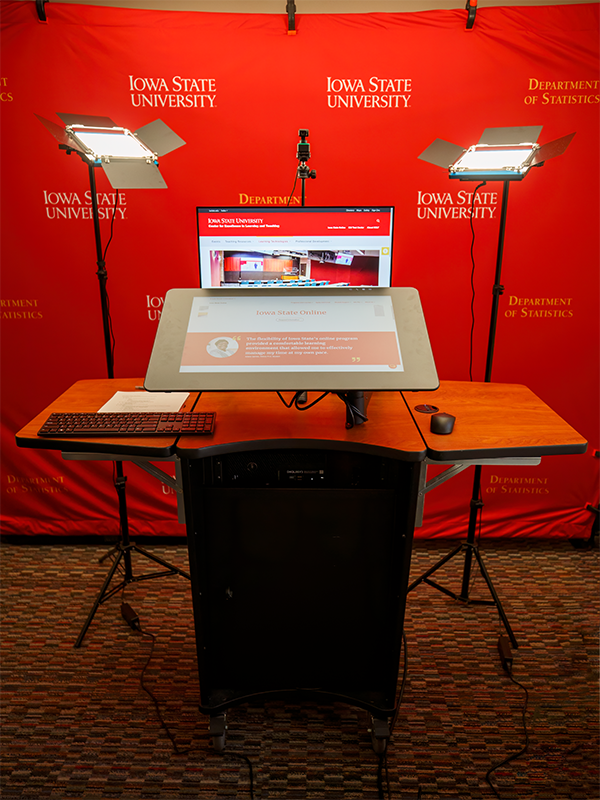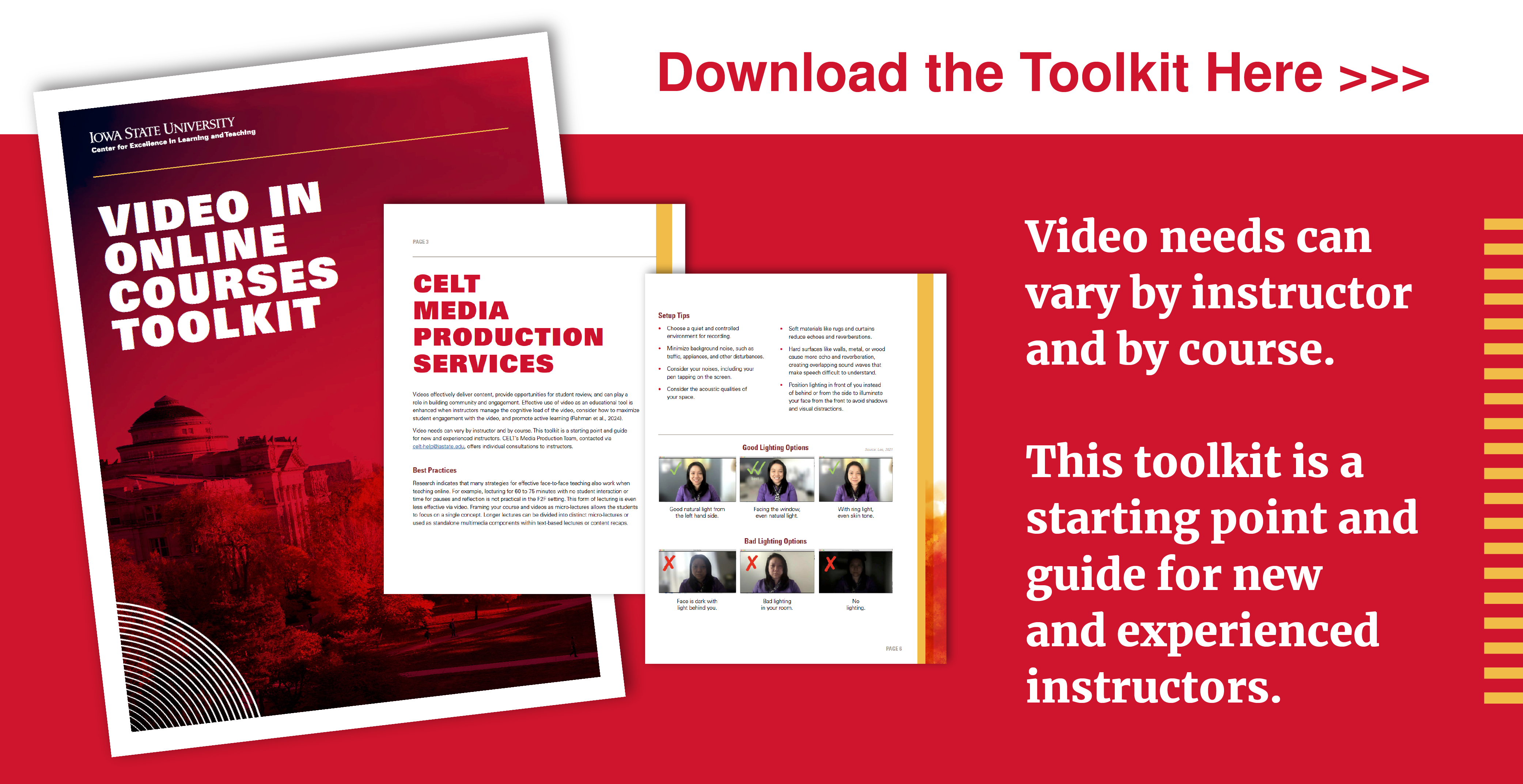Over the past week, a number of CELT staff members and faculty affiliates have been recognized for their contributions to the campus community. We would like to further recognize them for their efforts and congratulate them for their awards and promotion!
- Lesya Hassall, Instructional Strategist, Board of Regents Award of Staff Excellence
- Cindy Haynes, CELT Faculty Fellow, Promotion to Full Professor
- Ann Gansemer-Topf, Former CELT Faculty Fellow, CHS Mid-Career Achievement Award
- Meghan Gillette, CELT Faculty Affiliate, CHS Online Teaching Award
- Monica Lamm, CELT Faculty Fellow, 2022 Student Affairs Layton Faculty Award
Congratulations, again, to all of those who were recognized!



